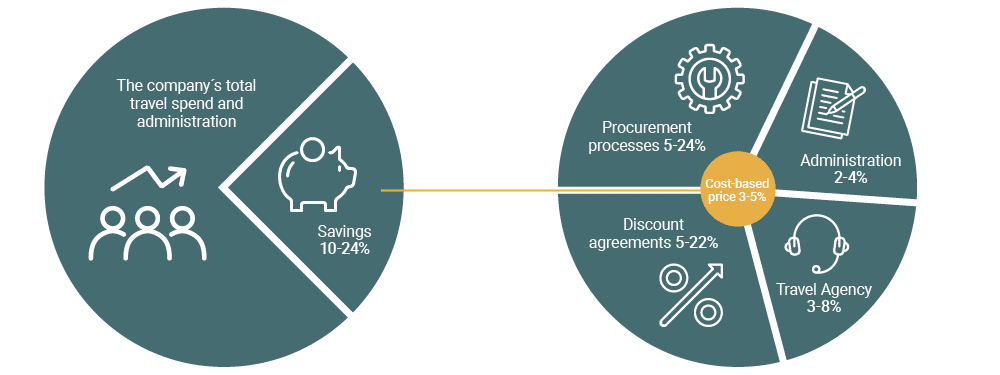A Complete Guide to Business Travel Expenses in 2025
Business travel expenses are a vital consideration for companies aiming to manage costs while ensuring seamless travel experiences for employees. Effective management of these expenses involves more than simply tracking receipts; it requires strategic planning, policy enforcement, and the use of advanced tools to optimize spending. At TPE, we help organizations streamline the entire process, ensuring compliance, transparency, and significant cost savings. In this guide, we’ll delve into all aspects of managing business travel expenses, from planning and budgeting to reporting and auditing.

End-to-end travel sourcing and expense management made simple

Travel policies act as a roadmap for managing business travel expenses. A well-defined policy helps employees understand allowable costs, ensures compliance with corporate budgets, and minimizes unnecessary spending. Companies with clear policies experience fewer disputes over reimbursements and greater adherence to approved vendors and services.
Budgeting is a critical aspect of managing business travel expenses. Companies should allocate funds based on historical data, projected travel needs, and current market trends. TPE provides analytics tools to help organizations create realistic budgets and adjust them as needed to align with corporate goals.
| Category | Average Allocation (%) | Tips for Optimization |
|---|---|---|
| Transportation | 40% | Use preferred vendors for discounted rates |
| Accommodation | 30% | Leverage corporate hotel agreements |
| Meals | 20% | Set daily allowances to manage costs |
| Miscellaneous | 10% | Track and limit incidental expenses |
Tracking expenses in real-time is essential for maintaining control and ensuring compliance. TPE’s platforms integrate seamlessly with expense management tools, providing up-to-date insights into spending patterns. This enables companies to identify potential issues and make informed decisions on the go.
A streamlined reimbursement process is critical for both employee satisfaction and operational efficiency. TPE ensures that reimbursements are processed quickly and accurately through automated systems, reducing the administrative burden on HR and finance teams.
Advanced technology is transforming how companies manage business travel expenses. TPE’s platforms offer features such as automated expense tracking, AI-powered analytics, and mobile apps for on-the-go reporting. These tools empower businesses to streamline processes and make data-driven decisions.
Negotiating vendor agreements is a key strategy for reducing travel expenses. TPE leverages its extensive network to secure exclusive deals with airlines, hotels, and car rental companies, passing these savings directly to our members.
Sustainable travel practices not only benefit the environment but also lead to cost savings. By promoting virtual meetings, optimizing travel routes, and choosing eco-friendly options, companies can reduce their carbon footprint and save on unnecessary travel costs.
Regular audits of travel expenses help ensure compliance, identify cost-saving opportunities, and detect anomalies. TPE’s detailed reporting tools provide actionable insights, enabling companies to refine their travel programs and enhance overall efficiency.
Managing business travel expenses can be administratively intensive, but TPE’s automated systems significantly reduce this burden. By digitizing processes such as expense submission, approval workflows, and vendor payments, companies can save time and resources while maintaining accuracy and compliance.






End-to-end travel sourcing and expense management made simple
